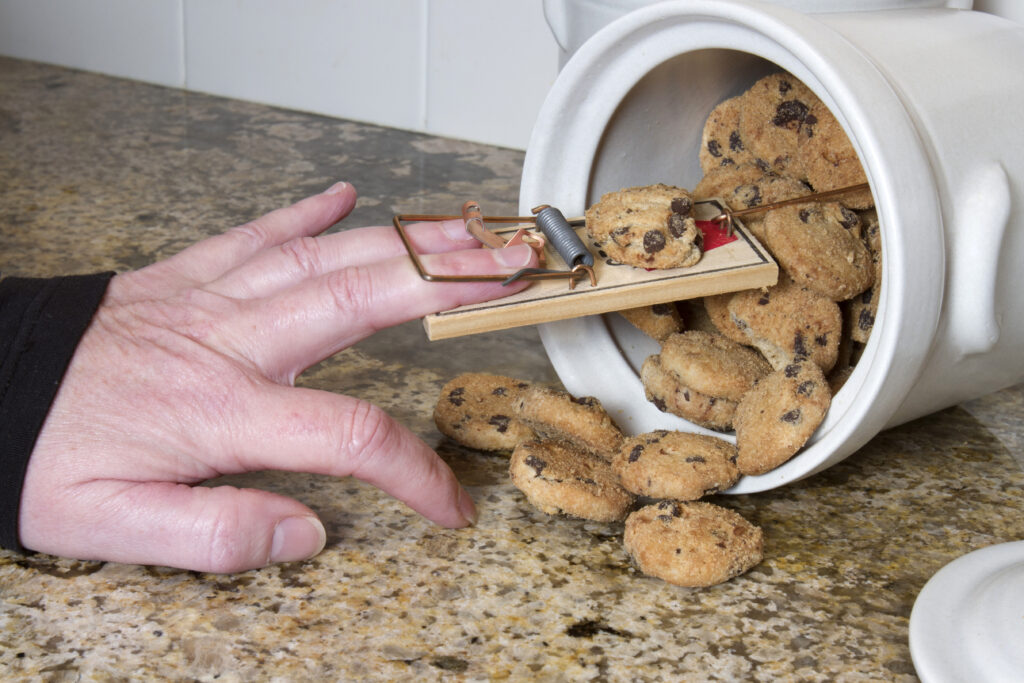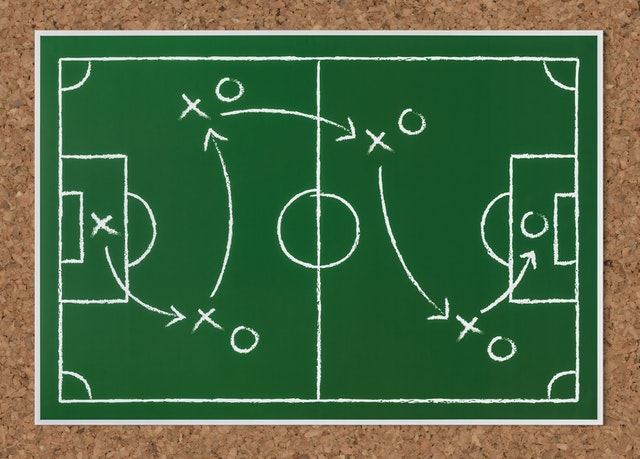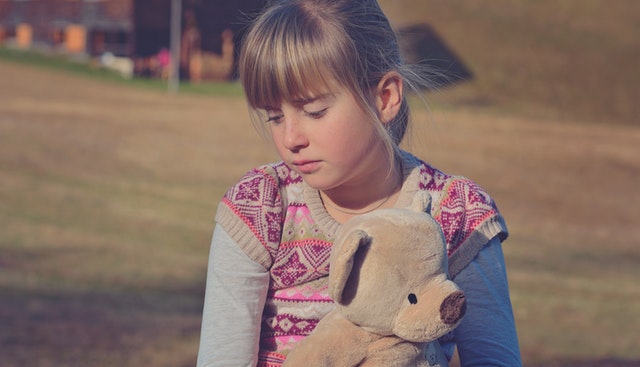 Q. I am currently feeling like a failure as a parent. My 12 year old daughter is smart, well behaved, does well in school. However, she sneaks food. In this area, we fight and tempers flare creating a hostile environment at home. She loves junk food like cookies and chips. We have a policy at home where the kids get to choose 2 junk items from the pantry as snacks after school. It works in most part, but she ends up taking 1-2 extra things to her room. I am worried about the impact of constant junking on her teeth & overall health. She just cannot stop herself from eating. I cannot constantly monitor her and increasing the ‘allowed’ unhealthy stuff on a daily basis is not an option.
Q. I am currently feeling like a failure as a parent. My 12 year old daughter is smart, well behaved, does well in school. However, she sneaks food. In this area, we fight and tempers flare creating a hostile environment at home. She loves junk food like cookies and chips. We have a policy at home where the kids get to choose 2 junk items from the pantry as snacks after school. It works in most part, but she ends up taking 1-2 extra things to her room. I am worried about the impact of constant junking on her teeth & overall health. She just cannot stop herself from eating. I cannot constantly monitor her and increasing the ‘allowed’ unhealthy stuff on a daily basis is not an option.
A. My advice is to focus most on the facts that your daughter is smart, well-behaved, and competent. It’s all-too natural for our fears to get in the way of trusting who our children are. She is not yet thinking about what is good for her health and well-being and what Read more…














